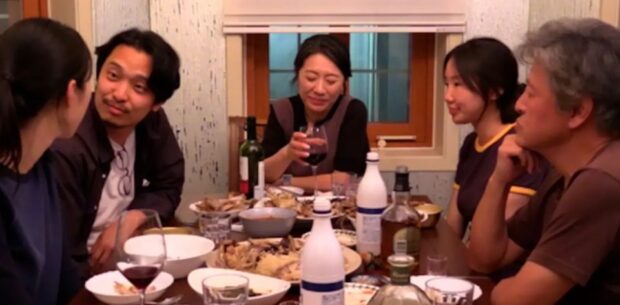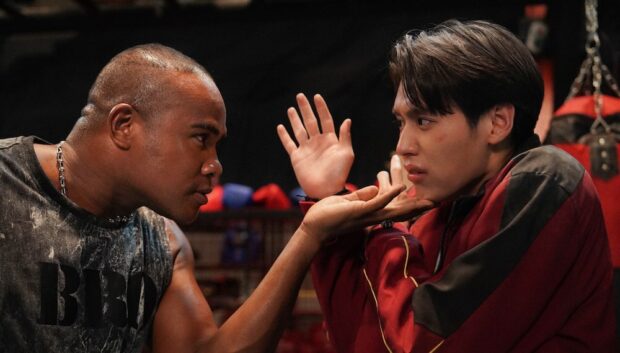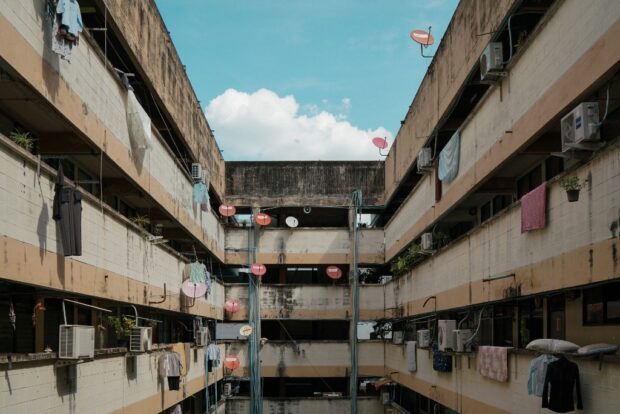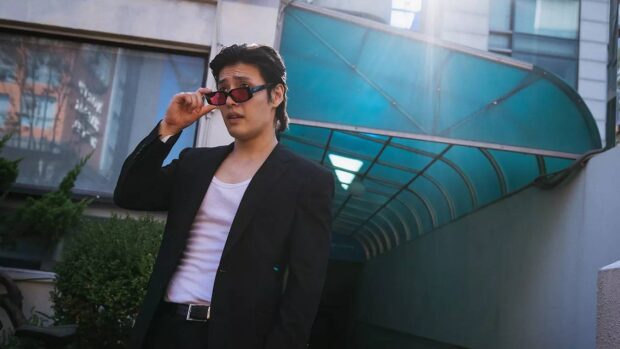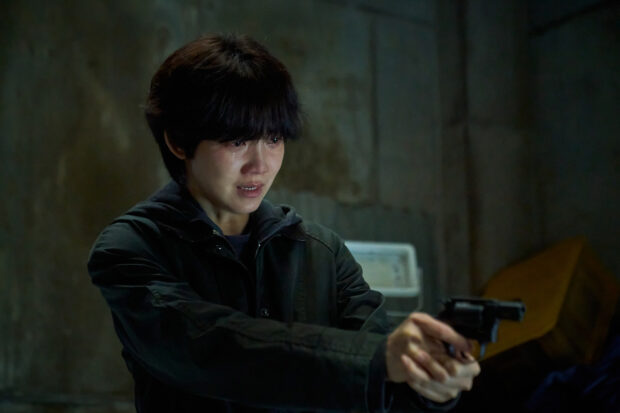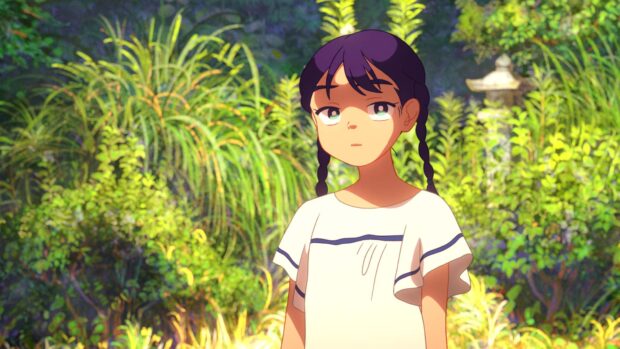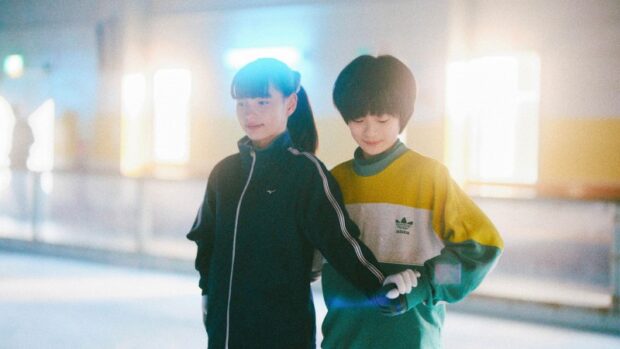The feature debut of directors Kim Yeo-jung and Lee Jeong-chan is a curious entity. Based on the Naver webtoon, it opens firmly in the K-horror tradition of an evil child getting away with everything short of murder. Yet an early twist initially defies expectations, before ultimately giving in to them wholesale.
Single mother Young-eun (Kwak Sun-young), a swimming instructor by day, struggles with the increasingly disturbing behaviour of her 7-year-old daughter, So-hyun. When So-hyun pushes her to the edge, Young-eun makes a drastic decision. Cut to 20 years later: trauma cleaner Min (Kwon Yu-ri) has no memory of her childhood. When the wide-eyed and overly eager Hae-young (Lee Seol) abruptly inserts herself into Min’s life, that carefully rebuilt world begins to unravel.
Kim and Lee may think they’re leading us down a stream of red herrings, but they taught us how to swim in the first act. The literal translation of the Korean title (침범) is something like “invasion,” which gives you a pretty clear idea of the film’s trajectory. As fragments of Min’s past surface, as we surface in the land of psychological thrillers, it’s increasingly obvious that Hae-young isn’t just some quirky new friend. Gee, who could she really be?
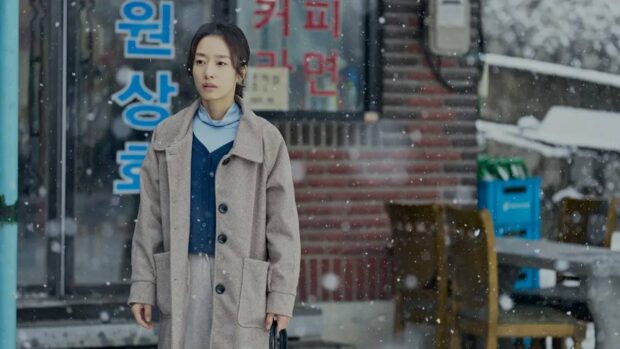
It’s hard to know how to feel about SOMEBODY, a film that feels overstuffed with competing ideas. The first act is genuinely gripping, though the evil moppet trope is laid on thick. Once the film shifts into mystery mode, Kwon Yu-ri (or Yuri, to K-pop fans) is strong as Min, keeping everything close to the chest. Lee Seol, on the other hand, veers sharply into manic pixie territory, leaving little doubt as to where this is going.
Technically, this is a handsome film. From the crisp opening shots, transitioning from snowy winter landscapes to the sterile lines of an indoor pool, cinematographer Kim Dong-hyuk brings a precise, almost icy touch. The minimal score heightens the inherent tension.
Ultimately, SOMEBODY is just a muddled film. Perhaps too beholden to its source material, the narrative often stumbles from scene to scene, with few surprises left by the climax. A curious epilogue hints at deeper pathology, and it’s a shame Kim and Lee couldn’t weave more of that into the fabric of the film itself.

2024 | South Korea | DIRECTOR: Kim Yeo-jung and Lee Jeong-chan | WRITERS: Kim Yeo-jung and Lee Jeong-chan | CAST: Kwak Sun-young, Kwon Yu-ri, Lee Seol | DISTRIBUTOR: Sydney Film Festival 2025, Studio Santa Claus Entertainment, Contents Panda (South Korea) | RUNNING TIME: 112 minutes | RELEASE DATE: 4-15 June 2025 (SFF 2025)


